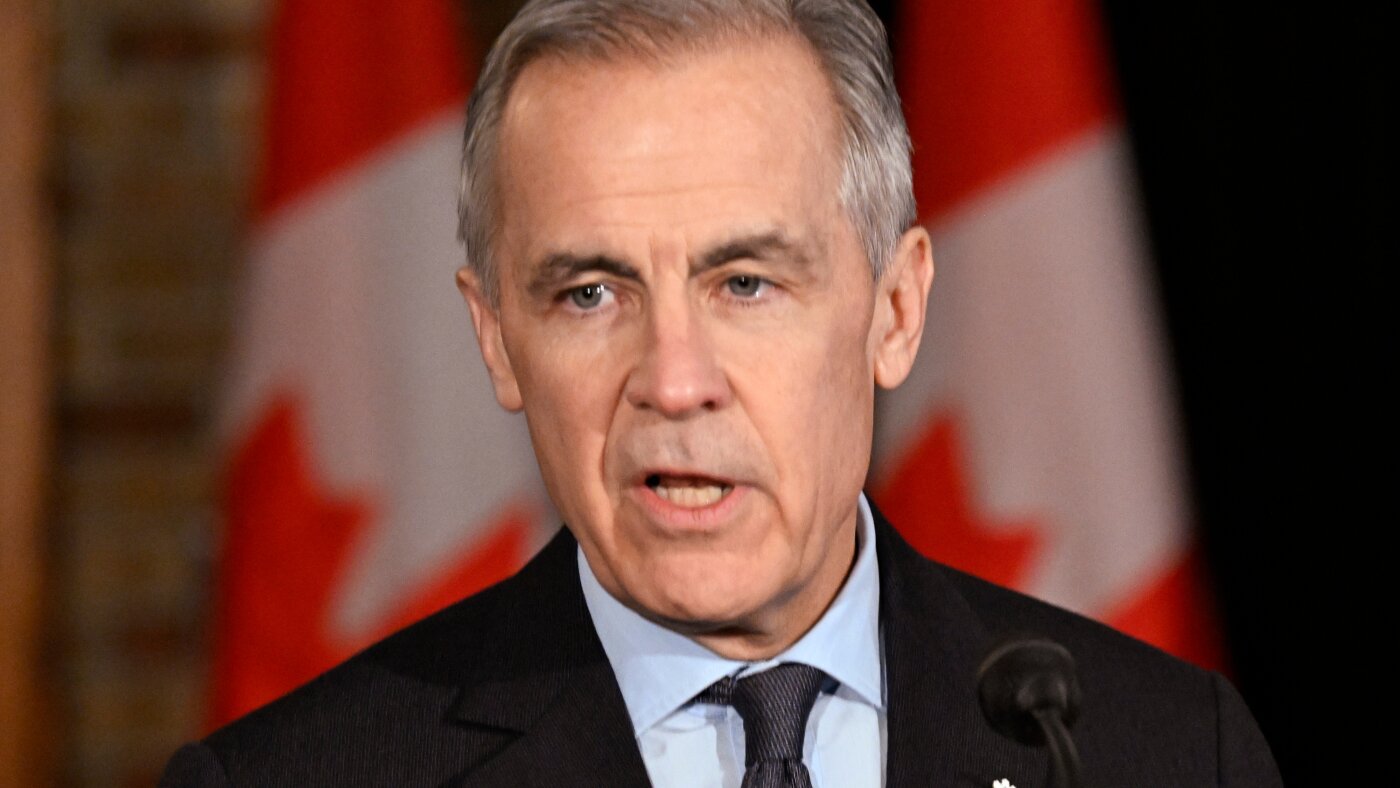Hyundai has announced that the anticipated reopening of a significant manufacturing facility will be delayed after an official investigation that has drawn significant attention in the car industry. The company, known as a prominent global automaker, is currently managing the consequences of the legal and operational issues caused by this event, which have inevitably forced a postponement of the plans to resume activities at the affected site.
The decision comes at a critical time for Hyundai, as the brand continues to strengthen its presence in global markets while simultaneously expanding its portfolio of electric and hybrid vehicles. The delayed reopening underscores the complexity of running large-scale operations that are tightly intertwined with regulatory frameworks, labor dynamics, and international supply chains. For Hyundai, this situation goes beyond a temporary pause in operations; it highlights the challenges of maintaining stability while facing scrutiny from authorities.
Impact on production and transportation
Any postponement in restarting a large facility instantly affects production timelines and obligations within the supply chain. For Hyundai, this implies possible interruptions in providing vehicles to showrooms and clients, especially in areas where demand has been consistently rising. The car industry relies on precisely arranged logistics, where even small delays can impact various levels of suppliers and distributors.
Hyundai’s decision to delay reopening is likely tied to ensuring compliance with the findings of the recent raid, but it also reflects the company’s strategy to prioritize long-term operational credibility over short-term gains. By postponing production until the issues are fully resolved, Hyundai aims to minimize the risk of further complications that could arise if operations were resumed prematurely.
La acción también destaca los puntos débiles en los sistemas de manufactura global, que dependen en gran medida del cumplimiento estricto de normativas legales y regulaciones. A medida que los fabricantes de automóviles enfrentan el reto de ofrecer innovación manteniendo la transparencia, incidentes como este resaltan la importancia fundamental de la gestión de riesgos y el cumplimiento en todas las etapas de producción.
Regulatory scrutiny and corporate response
The car industry has been under observation by overseers for a significant period, especially as issues related to labor practices, environmental impacts, and company governance gain attention in global dialogues. For Hyundai, checking the facility is not an isolated occurrence but an indication of a broader trend where officials are enhancing their examination to ensure accountability.
The official announcement from Hyundai emphasized its readiness to collaborate with regulatory agencies and its commitment to addressing any problems found during the investigation. This approach aligns with the company’s broader effort to present itself as a responsible business entity, particularly as consumers and investors closely watch ethical and legal standards.
By postponing the reopening, Hyundai sends a message of caution and responsibility. While the decision may pose short-term financial implications, it reflects a recognition that brand reputation and compliance are invaluable assets in maintaining global competitiveness.
Wider consequences for the automobile sector
Hyundai’s situation resonates across the automotive industry, where other manufacturers may view the raid and its aftermath as a reminder of the need for proactive compliance strategies. As governments around the world tighten regulations on labor standards, environmental sustainability, and corporate transparency, automakers face increasing pressure to adapt their practices.
Delays like this also shed light on the fragility of global supply chains, which are already under stress from external factors such as inflation, rising material costs, and geopolitical uncertainties. Automakers that rely heavily on just-in-time manufacturing models must carefully balance efficiency with resilience to avoid large-scale disruptions.
Hyundai’s delayed reopening serves as a case study in how unforeseen regulatory interventions can affect not only individual companies but also the broader industry ecosystem. Competitors, suppliers, and stakeholders will likely follow the situation closely, recognizing that similar challenges could arise elsewhere.
Prospective view
For Hyundai, the future steps will involve addressing the aftermath of the raid, ensuring all needed adjustments are implemented, and reestablishing confidence with the parties involved. While the delay could be seen as an obstacle, it also presents the firm with an opportunity to improve its compliance frameworks and highlight its commitment to ethical manufacturing.
Over time, the way Hyundai deals with this scenario may affect its reputation globally. Being transparent and proactive could enhance its position, while mistakes might have lasting consequences. Right now, the company is focused on navigating current challenges and preparing for a future with expected tighter regulations.
Hyundai’s journey demonstrates the careful equilibrium that international car manufacturers need to maintain among performance efficiency, meeting regulations, and meeting market demands. Although the plant’s reopening might face postponements, the insights gained from this situation are expected to impact Hyundai’s strategic planning far beyond this specific occurrence.



